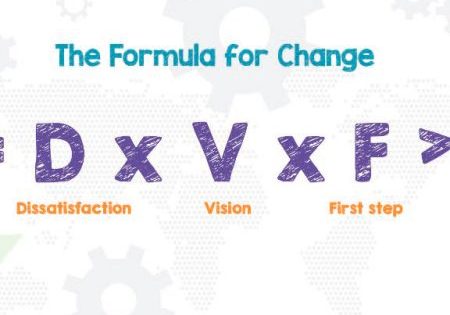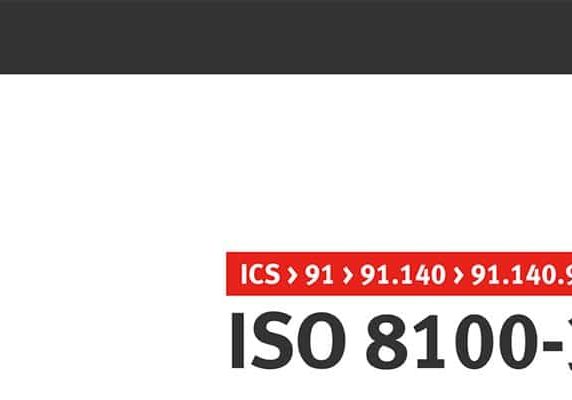Letters of Intent and Incorporation of Standard Form Contracts
Jan 1, 2021
In the case of OD Developments v Oak Dry Lining Ltd, the TCC considered the operation and effect of a letter of intent (“LOI”) in the context of whether a JCT standard form sub-contract was incorporated.
by Thomas Salter
Background
Oak Dry Lining Ltd (“Oak”) was engaged as a subcontractor to carry out dry lining works by OD Developments & Projects Ltd (“OD”). Oak carried out the works pursuant to a LOI, which stated the parties intended to enter into a JCT Design and Build Sub-Contract 2011 edition. The LOI also provided for disputes to be determined by adjudication under the Scheme for Construction Contracts.
However, as is often the case, a formal subcontract was never executed. Nonetheless, both parties broadly followed the JCT interim payment procedure.
On 29 March, Oak issued interim payment application no. 21, and in response, OD issued a pay less notice stating Oak’s works were overvalued and the sum of £509,000 was due to OD.
On 22 July, OD served a statement setting out its calculation of the final subcontract sum, further reducing the value of Oak’s works. Oak disputed this on 2 August, and then on 26 September, OD issued its final payment notice claiming the sum of £625,000. Oak did not respond within 10 days of the final payment notice but issued a pay less notice on 14 October 2019 claiming £765,000. By a letter of the same date, Oak stated that OD’s final payment notice was invalid, and Oak issued its own default payment notice, in response to which OD issued a pay less notice.
Oak referred the dispute to adjudication.
OD challenged the adjudicator’s jurisdiction on two grounds:
- that the adjudicator was not appointed in accordance with the terms of the LOI; and
- because Oak had not issued proceedings within 10 days of the issue of the final payment notice as required under clause 1.8 of the JCT terms, OD’s final payment notice had conclusive effect and there was no dispute to adjudicate.
The adjudicator ultimately dismissed both these jurisdictional arguments.
The adjudicator decided the JCT terms had been incorporated into the LOI, and held that OD’s final payment notice was invalid and did not represent a conclusive determination of the monies due. The adjudicator carried out his own valuation and held that £431,000.00 was due to Oak (the “Decision”).
OD issued a Part 8 claim restating its jurisdictional challenges. In response, Oak countered with a cross-application for summary judgment to enforce the Decision arguing that:
- the JCT terms were not incorporated and so OD’s claim based on the final payment notice fails; or alternatively
- if the JCT terms were incorporated, the final payment notice was not conclusive for the purpose of clause 1.8 as this would be incompatible with clause 4.12 of the JCT terms and, in any event, conflicted with section 111 of the Housing Grants, Construction or Regeneration Act 1996 (as amended).
By way of counterargument, OD stated that if the JCT terms were not incorporated, that would necessarily mean the adjudicator had no jurisdiction because he purported to evaluate the claim on the basis that the JCT terms did apply.
Jurisdictional challenges
The TCC rejected OD’s jurisdictional challenges and held that the adjudicator had been validly appointed in accordance with the terms of the LOI. It was not necessary for Oak’s notice of adjudication to refer to specific provisions of the LOI.
Further, there could not be an absence of jurisdiction merely because a party relied upon a conclusivity provision. A conclusivity provision does not stop the commencement of an adjudication. Rather, it prevents the admission of contrary evidence.
Incorporation
The TCC held only two possibilities were contemplated by the LOI:
- the LOI operated on its own; or
- a JCT contract was executed between the parties.
Neither the language nor the context of the LOI made provision for the JCT terms to be incorporated into the LOI prior to a JCT contract being executed.
The TCC noted it was possible, in some cases, that some or all of the JCT terms were capable of being incorporated, due to the conduct of contracting parties through estoppel by convention. However, that was not contended in this case.
Accordingly, the TCC found the JCT terms were not incorporated into the LOI, and OD’s Part 8 claim failed altogether as a result. The adjudicator had proceeded on the wrong contractual basis (i.e., that the JCT terms were incorporated into the LOI), meaning he lacked jurisdiction and the Decision was unenforceable.
Analysis
This case emphasises that the legal effect and operation of letters of intent depend very much on their form, content and the context in which they are made. Although the doctrine of estoppel by convention means that it is possible, in some cases, for standard form contracts to be incorporated into letters of intent by reference to party conduct, that line of argument is not always available.
Works carried out under letters of intent often lead to disputes, and this case acts as a stark reminder that contracting parties should not assume standard form contracts will be incorporated into their letters of intent. Where it is intended that the terms of standard form contracts should apply, this must be clearly and expressly stated in the letter of intent.
Failure to do so can result in far-reaching consequences, as demonstrated in this case where an adjudication award was rendered unenforceable by virtue of an adjudicator making a decision predicated upon a misconception that JCT terms were incorporated into a letter of intent.
This article contains information of general interest about current legal issues but does not provide legal advice. It is prepared for the general information of our clients and other interested parties. This article should not be relied upon in any specific situation without appropriate legal advice. If you require legal advice on any of the issues raised in this article, please contact one of our spe-cialist construction lawyers.
© Hawkswell Kilvington Limited 2021
Get more of Elevator World. Sign up for our free e-newsletter.








